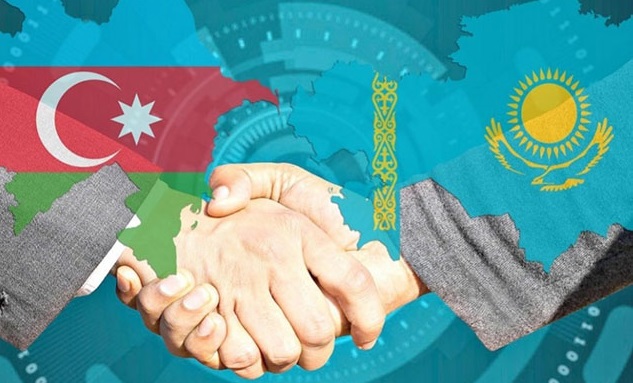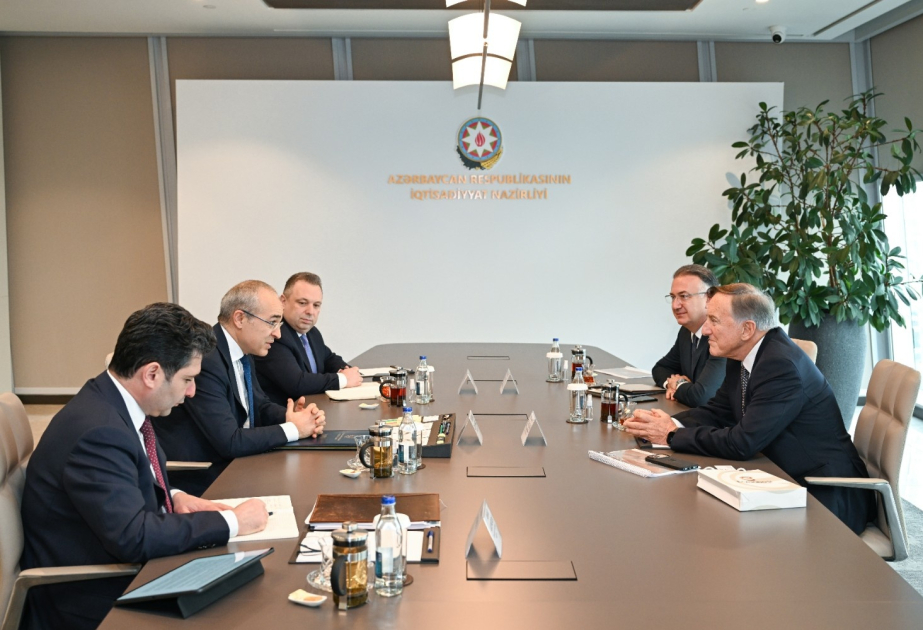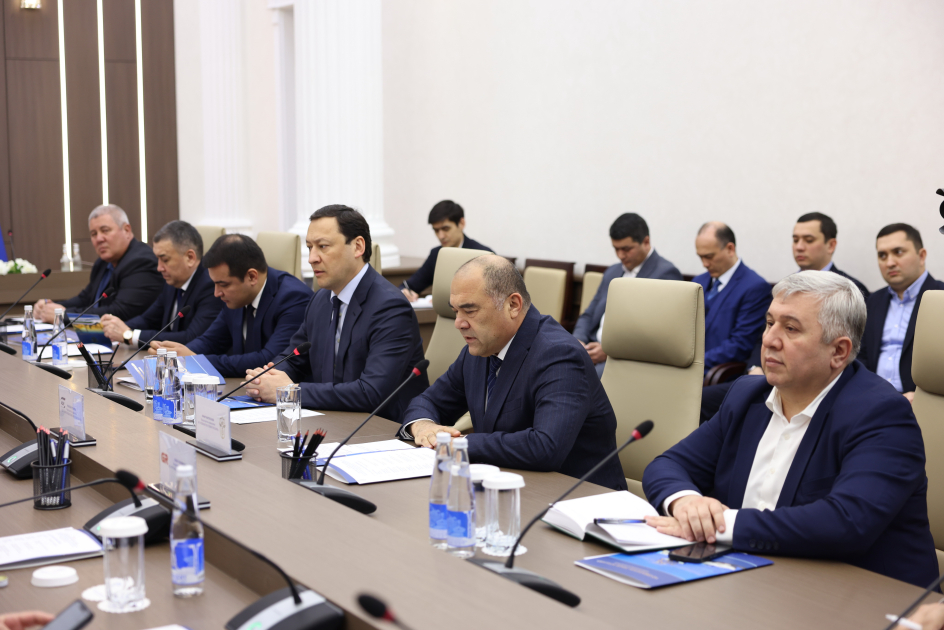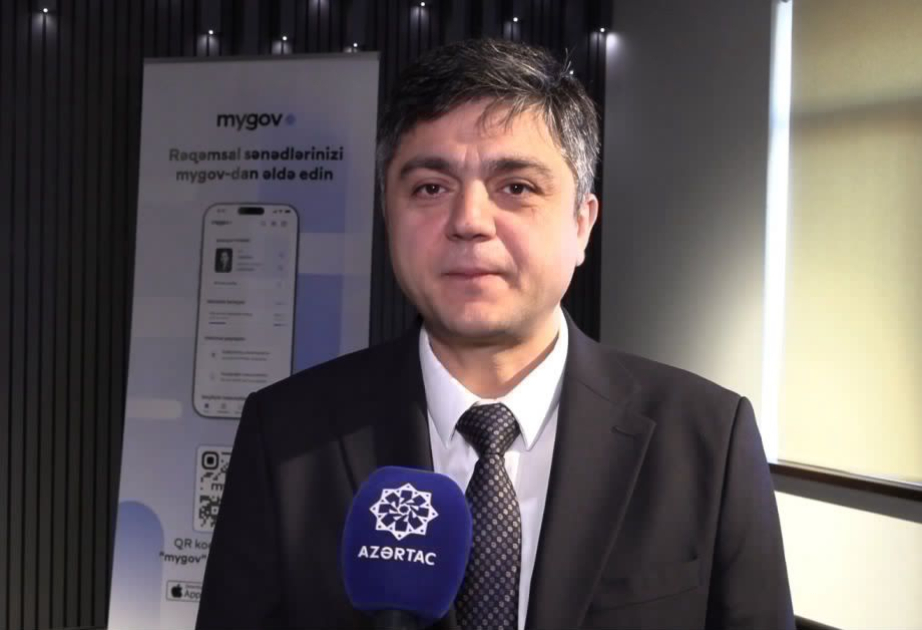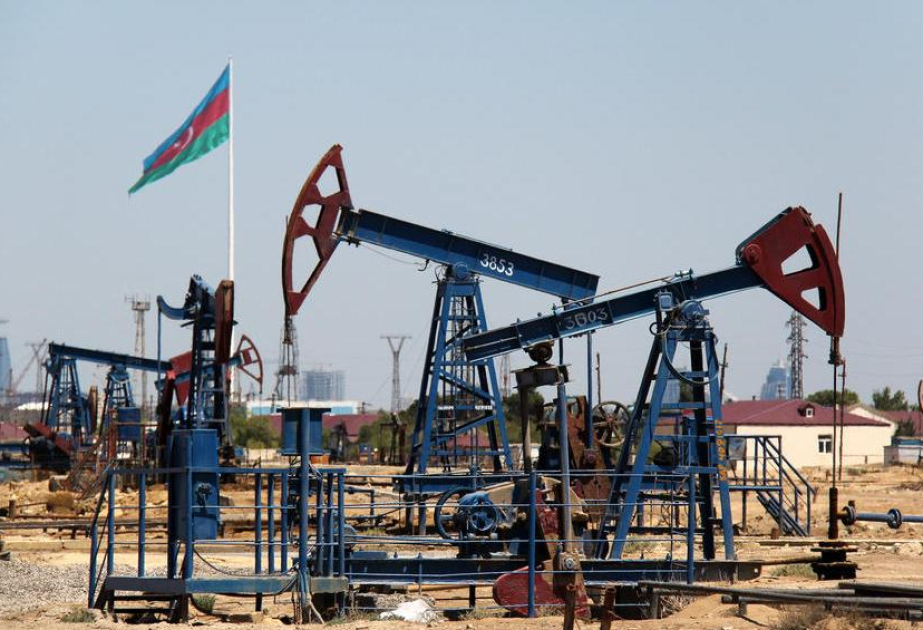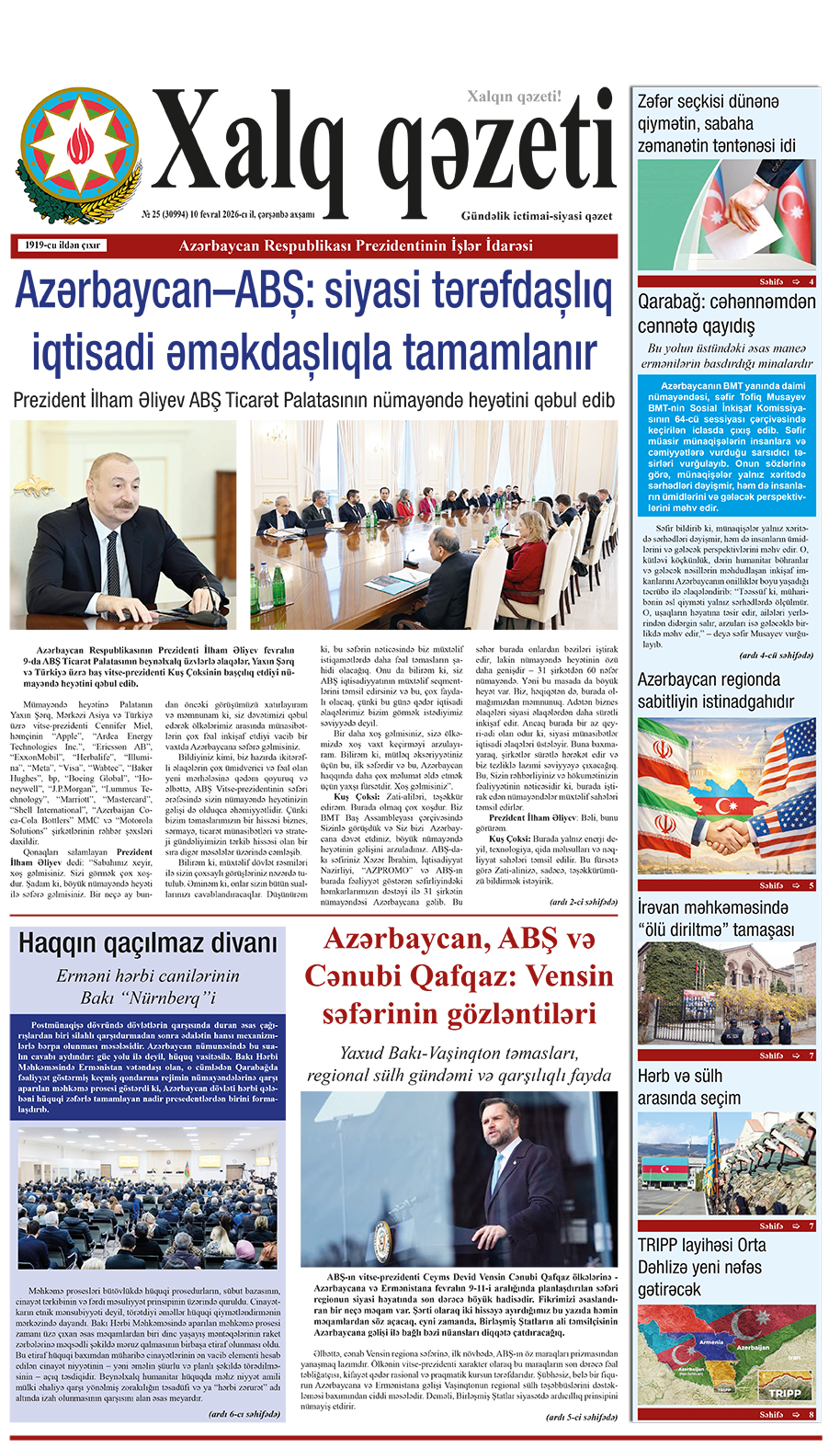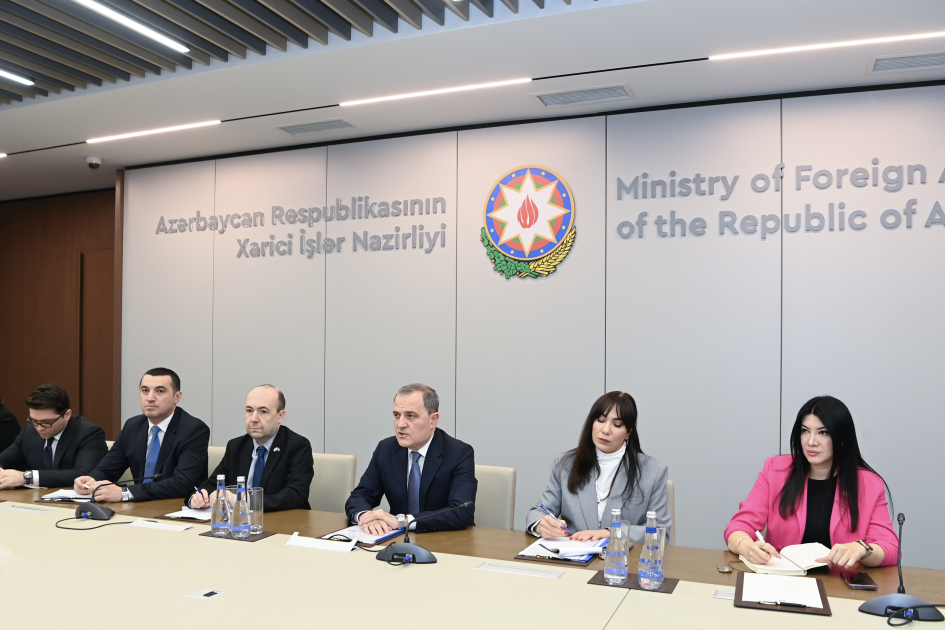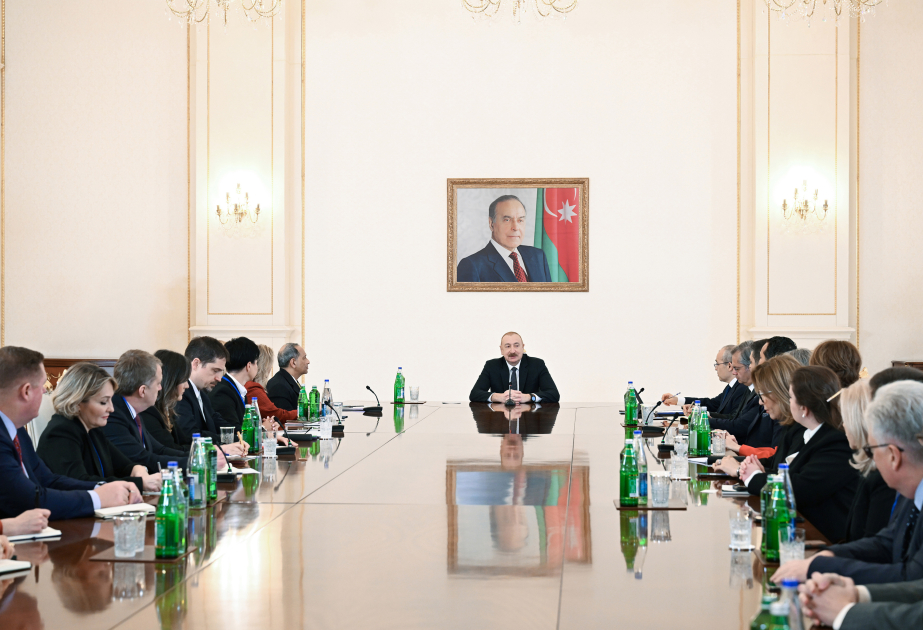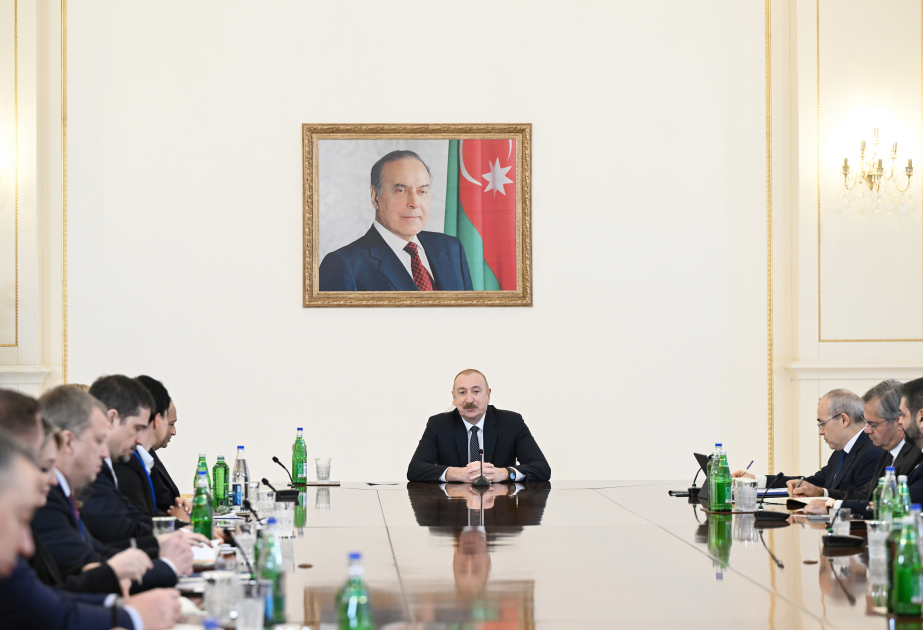The visit of President Kassym-Jomart Tokayev to Azerbaijan from March 11 to 12, 2024, heralds a significant continuation of the cooperative diplomacy that the two nations solidified in their 2022 Declaration on Deepening Strategic Partnership and Alliance Relations. This diplomatic engagement serves as a vivid testament to the geopolitical resonance of Kazakhstan and Azerbaijan's partnership, positioning them as quintessential geo-economic allies within the expansive Caspian-Central Asian ambit.
The seamless alignment between Astana and Baku concerning the prospective evolution of their interstate dialogue is robustly evidenced by the operationalization of the Supreme Interstate Council and the fruitful culmination of this visit, marked by the signing of fourteen documents fostering further cooperation. Such endeavors not only reinforce the foundational pillars of their relationship but also underscore a mutual commitment to advancing a shared strategic vision.
Analyzing the potential trajectory of the Kazakhstan-Azerbaijan partnership, it becomes imperative to acknowledge their pivotal role in catalyzing regional economic dynamism. The bilateral trade dynamics, especially observed over the recent three-year span, illustrate a promising trend of flourishing economic interconnectivity. The trade volume, escalating from $332.2 million in 2021 to a record high of $529.4 million in 2023, reflects a vibrant testament to the burgeoning economic ties. This growth trajectory is particularly notable in Kazakhstan's strategic pivot towards augmenting its non-raw material exports to Azerbaijan, encompassing over 110 commodity positions and potentially valued at approximately $304 million.
Kazakhstan's exports constitute a significant bulk—approximately 86%—of the bilateral trade volume, yet Azerbaijan's proportional contribution to Kazakhstan's overall export landscape remains a mere 0.6%. This discrepancy underscores an essential area for strategic enhancement, with both nations poised to elevate their bilateral trade turnover to the ambitious target of $1 billion, epitomizing the latent potential within this partnership.
Moreover, Kazakhstan and Azerbaijan are emerging as crucial nodes in the evolving Eurasian transportation infrastructure, strategically positioned to augment connectivity across pivotal East-West and North-South axes. The concerted focus on strengthening the Trans-Caspian International Transport Route, or Middle Corridor, highlights its efficacy as an alternative vector for facilitating trade flows between China and Europe. This route's record-breaking performance in the previous year, achieving a 65% increase in transport volumes to 2.7 million tons, is a testament to its strategic viability and the successful implementation of a regular railway shuttle service, ensuring expedited cargo delivery across this vital corridor.
The collaborative energy ventures between Kazakhstan and Azerbaijan further encapsulate their strategic foresight, aiming to synchronize the energy frameworks of the region. The strategic cooperation agreements signed between "KazMunayGas" and SOCAR, focusing on the purchase, sale, and phased increase in the transit of Kazakh oil through Azerbaijani territory, reflect a shared commitment to enhancing energy security and diversification. These agreements, aimed at incrementally scaling the transit of Kazakh oil from 1.5 million to 2.2 million tons annually and engaging in negotiations to optimize the tariffs for pumping through the Baku-Tbilisi-Ceyhan pipeline, signify a strategic pivot towards diversifying Kazakhstan's oil export routes, predominantly leveraging Azerbaijan's strategic positioning.
In conclusion, the evolving narrative of Kazakhstan and Azerbaijan's bilateral negotiations is indicative of an increasingly productive dialogue, fostered by regular high-level exchanges and a concerted effort to realize a spectrum of joint projects. Amidst the current geopolitical milieu, Astana and Baku are armed with an array of strategic tools essential for propelling their collective economic agenda forward, embodying a partnership characterized by strategic depth and mutual synergies, poised to redefine the contours of regional cooperation.


